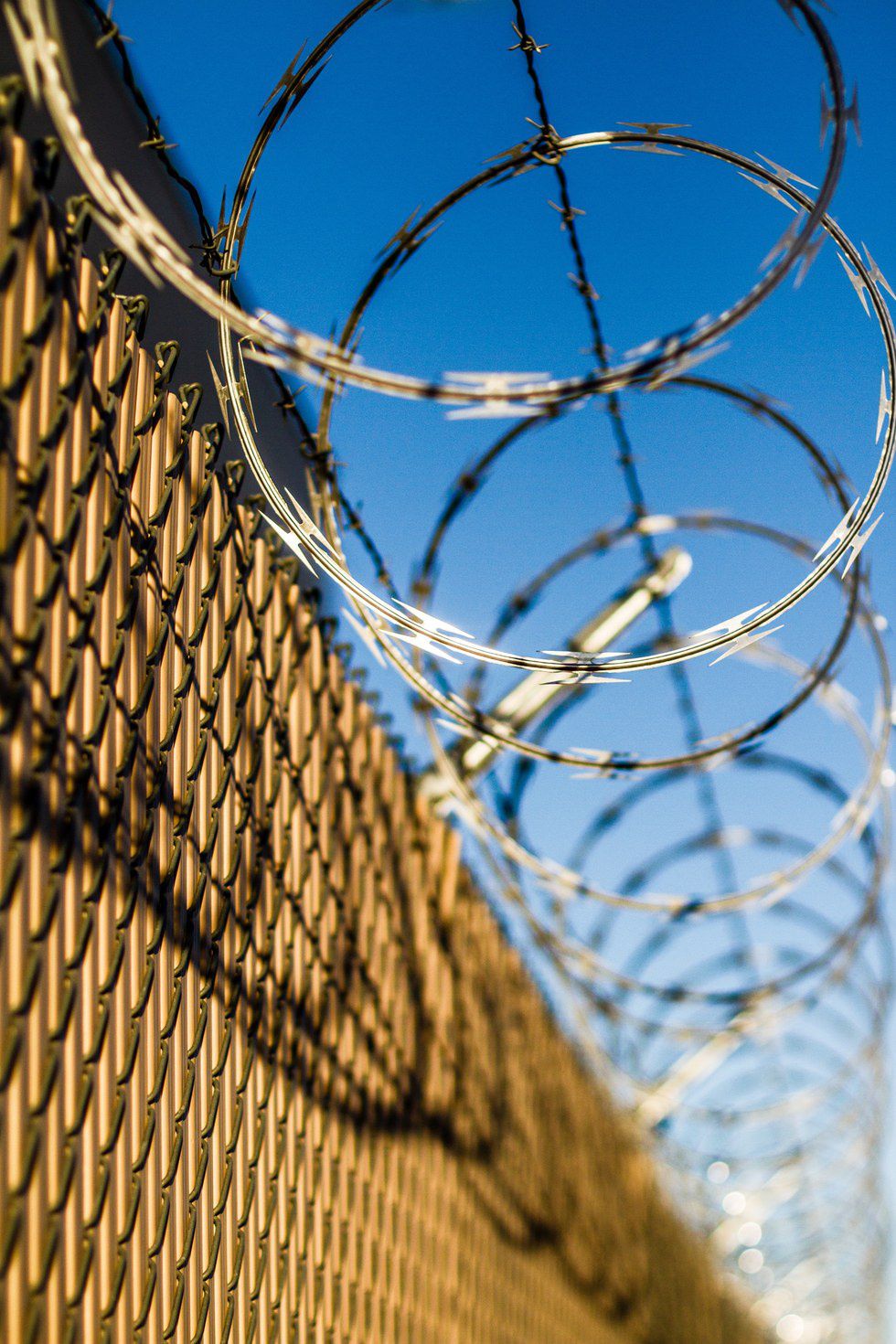Drugs? Crime? For decades there has been a push for a "war" in each of these domestic fronts; a "war" which has been waged in the streets of the United States. However, these "wars" have been selective. Studies have shown that many, if not all, of these policies have been disproportionally enforced in communities of color. The culmination of these two wars has grotesquely devoured communities of color through a system which has characterized and plagued the United States: mass incarceration. Statistics over the years have shown that although drug use has been relatively leveled across the races, with whites leading in many drugs, there has been a higher rate of incarceration of black bodies. So the real question to ask is simple, why have a war to criminalize nonviolent offenses?
An article by CNN a while back gave me a bit of insight into the rationale. There was an interview of one of President Nixon's top aides, John Ehrlichman, in which he explained that the true purpose behind the War on Drugs was to help punish communities that were black, or against the war. The famous coining of the phrase, "War on Drugs," was done purposely. In every war, there has to be an enemy, and when an enemy is labeled as a public threat it becomes easier to dehumanize and discriminate against them. This concept is the basic premise of the "Lucifer Effect" which was famously shown in the Stanford Prison Experiment. I won't go into too much detail about the specifics of the experiment, although I encourage every reader to read up on it, but the result of this psycho-social influence is that ordinary people will begin to commit inhumane acts as long as a sense of power and authority is perceived, believing that it is the normal thing to do. The catalyst which began the "Lucifer Effect" in the United States was a sense of hysteria and fear generated by the War on Drug campaign during the Nixon and Reagan eras.
Despite the fact that drugs such as heroin were being treated as a health concern in the 1950s, mostly because of use within the white communities, President Nixon declared the War on Drugs without real statistical cause. Reagan then ensured that the hysteria would increase as crack cocaine was introduced to the streets by the CIA and deemed to be one of the deadliest threats to the United States. With crack use spiking in urban settings, predominantly communities of color, black bodies were directly labeled as a public enemy, not only as users but also as dealers. This, of course, led to disproportionate sentencing compared to the powder cocaine, coke, which was used to a greater degree within white communities. How much of a difference? Usually, the sentencing for crack to coke was one-hundred times great, or 50 grams of crack would carry the same punishment as 5 kilograms of powder coke . The War on Crime, and the ideals of "Law and Order," would then permit the militarization of police and combating of Civil Rights earned after years of fighting. Starting back in the Johnson administration with the passing of the Law Enforcement Assistance Act of 1965, the United States government began a chain of legislation which would feed the mass incarceration system. New federal agencies were created, and law enforcement agencies were expanded and received greater powers. Coupled with the legislation of the War on Drugs, local, state, and federal law enforcement agencies grew to the seams with new policing powers, and a new mentality: us vs. them. The worse of it all can be found in the 1994 Crime Bill passed during the Clinton Administration. Not only was the incarcerated population, growing to be disproportionately black, already disenfranchised due to loopholes in the 13th Amendment, thus losing the gains of the Civil Rights Movement, but access to federal programs and funding was targeted and slashed. Public housing laws kept the previously incarcerated away from family and a stable living environment, felony records for nonviolent drug crimes continues to prevent employment opportunities, and the removal of federal funding for college and technical programs in prison doomed the process of successful reentry into the community. It should come as no surprise that the destruction of families has negatively impacted these communities, and the outcomes of their children. The system of mass incarceration that we see today, the idea of the "revolving door" and "school-to-prison pipeline," is a direct result of these "wars" and all communities pay for it.
However, there is hope. The tide has begun to change within the past decade as statistics have shown the failure of these "wars." Drug use has relatively stayed the same over the years, yet the cost of incarcerating all these individuals has skyrocketed along with the prison population. Last year President Obama signed off on the Second Chance Pell Pilot Program, reversing the ban on federal Pell Grants to eligible students in prison. A report by the Vera Institute of Justice speaks to the economic and social benefits of college in prison. Students on the inside are actually 43% less likely to recidivate after receiving an education, and for every $1 invested in prison education, there is a $5 return. This is a situation of the best of both worlds. By pursuing access to education for the incarcerated population we would not only be making an amazing economic investment but also be creating safer communities by reducing the reoccurrence of crime. Rather than continuing a legacy of punitive measures which have failed over these decades by labeling human beings as monsters and "superpredators," it is time that we invest in creating a country which rehabilitates its citizens when they stray and welcomes them back as intelligent and capable members of society.
Written with hope for a better future,
























